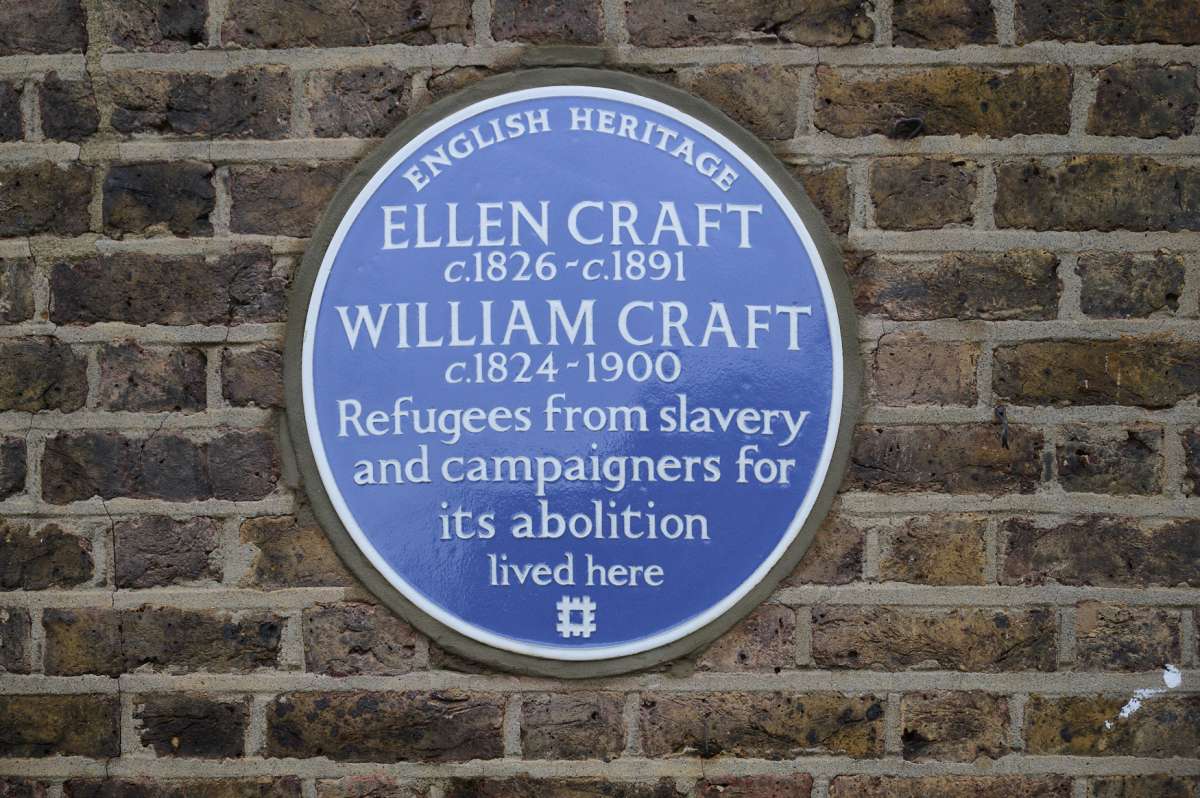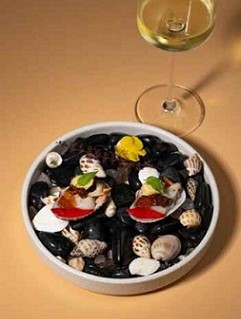A married couple who escaped slavery in the US and fled to England to campaign for abolition have been honoured with a Blue Plaque.
Ellen and William Craft travelled 1,000 miles from Georgia to freedom in the north, with Ellen disguised as a white man and William as her servant.
When new laws meant they could be recaptured by their enslavers, they escaped to the UK.
After their arrival they lectured on abolition, reform and social justice. One of the most brutal aspects of the US system of slavery was used by the Crafts to aid their daring escape in 1848.
Like many enslaved people, Ellen was conceived when her mother was raped by the white man who owned her. Ellen was very light-skinned, which allowed her to pass as white during the escape, posing as a disabled Southern gentleman planter who was travelling north for medical treatment.
The couple reached Philadelphia, where they were greeted by abolitionists who carried them on to Massachusetts. But in 1850, Congress introduced a law that mean their former enslavers could send agents to abduct them and return them to the south.
The husband and wife fled across the Atlantic in December that year, settling first in Ockham, Surrey, before making their home at 26 Cambridge Grove, a mid-Victorian House in Hammersmith, west London. It is this house which now bears the blue plaque from English Heritage marking their achievements: "Refugees from slavery and campaigners for its abolition lived here".
At the London home, the Crafts helped to organise the London Emancipation Committee as well as travelling around Britain giving lectures about abolition, radical reform and social justice. Ellen was also involved in the campaign to gain voting rights for women and supported organisations which helped other enslaved people who had won their freedom.
In 1860, they published an account of their escape entitled Running a Thousand Miles for Freedom, which helped to make them among the most famous refugees from slavery. After the US Civil War ended in 1865 with the defeat of the southern slave states and the legal emancipation of all enslaved people, Ellen and William Craft returned to Boston with three of their children.
Dr Hannah-Rose Murray, a historian at the University of Edinburgh who researches African-American abolitionists in Britain and who proposed the plaque said: “The couple were heroic freedom fighters.
"If caught, they would have been incarcerated, tortured and almost certainly sold away from each other. Their story inspired audiences on both sides of the Atlantic and when the Crafts reached Britain, they were relentless in their campaigns against slavery, racism, white supremacy, and the Confederate cause during the US Civil War."











